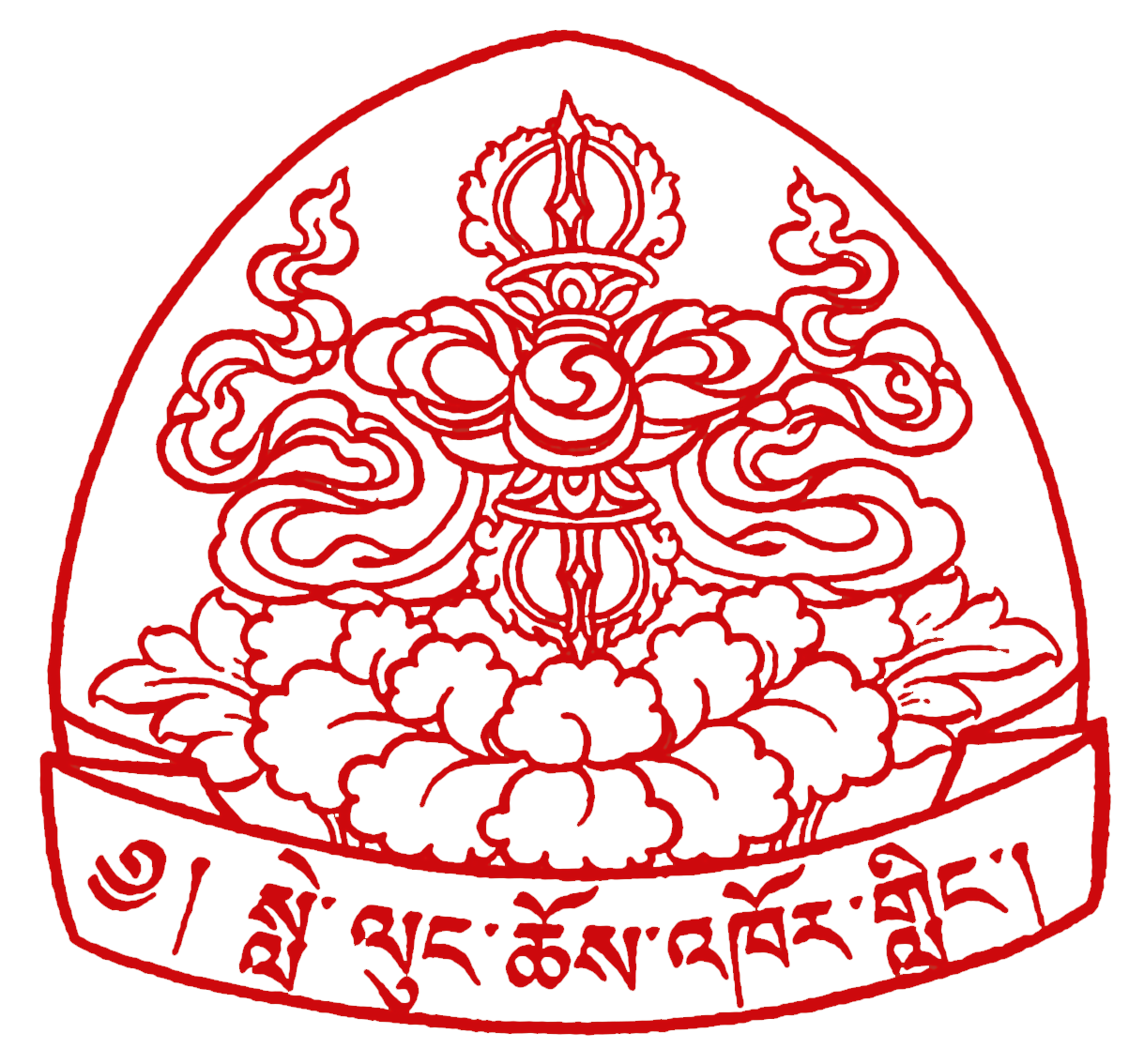Gelug
The Geden tradition of Tibetan Buddhism also known as the Gelugpa School was founded in the 14th century by the highly revered Buddhist master, scholar and yogi Je Tsongkhapa. Tsongkhapa's legacy is tremendous and he is credited with having revitalised many teaching lineages which would otherwise have become extinct. Lelung Rinpoche is now spearheading an important project to preserve Tsongkhapa's lineage for future generations.
In the Tibetan Buddhist tradition, pure lineage transmission is of paramount importance, since it ensures a stream of undiluted blessing from the Buddha himself to contemporary students. The purity of lineage teaching is considered essential for the attainment and realisation of Buddhahood. Sadly, in the years since 1959, when Tibetans began to leave Tibet and settle in around the world, many precious teachings have been lost due to lack of pure transmission. This process continues as older Tibetan lamas pass away, without having properly transmitted the teachings they hold to the younger generation.
Je Tsongkhapa's legacy consists of two parts: the Father or (Phacho) teachings, and the Son (Bhucho) teachings. The Father teachings are the root texts and contain the writings of Je Tsongkhapa and his two main disciples. The Son teachings include works by direct disciples of the three 'Fathers' along with the commentaries by Indian Buddhist scholars. Although different schools of Tibetan Buddhism each follow their own set of unique traditions laid out by their own founders, the root of all these traditions can be traced to the teacher of all teachers Buddha Shakyamuni himself. Je Tsongkhapa, like all other accomplished masters studied the teachings of Buddha Shakyamuni extensively.
